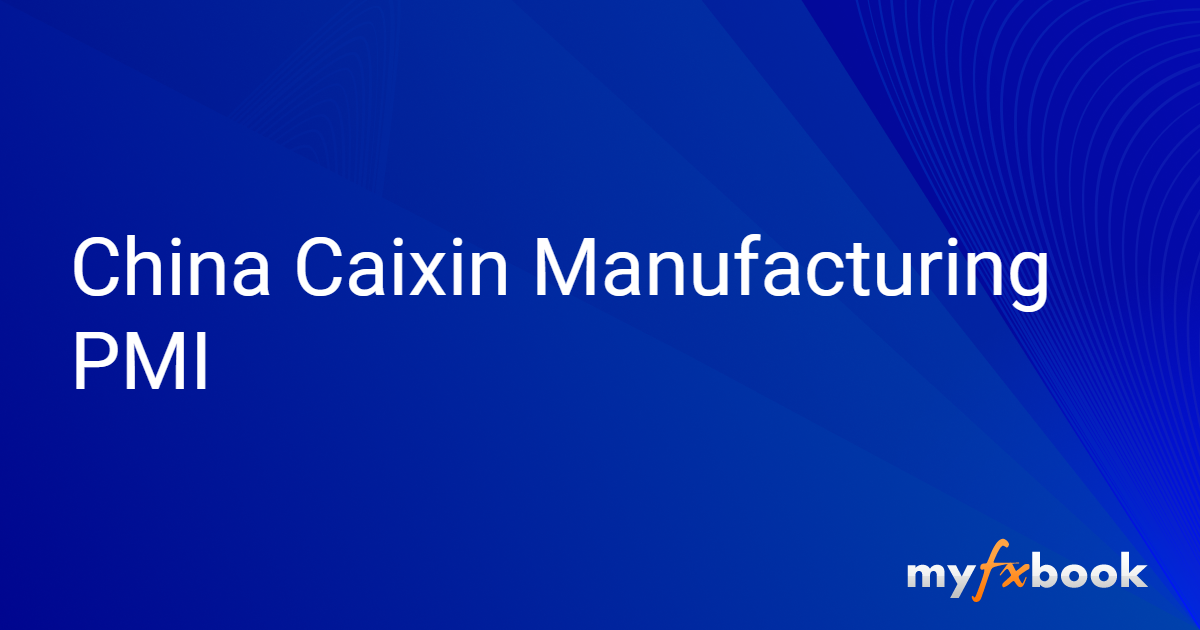Donald Trump secured a second tenure as the 47th President of the United States after winning all seven swing states and a decisive majority in the 2024 election. The election results prompted a positive market response, with sectors like cryptocurrency, small caps, financials and energy gaining (Read: ETFs Set to Soar on Trump’s Presidential Victory).
However, many economists warn that Trump’s primary campaign promises of imposing new tariffs and initiating a “mass deportation” of undocumented immigrants could drive prices upward.
Per Capital Economics, as quoted on Yahoo Finance, immigration restrictions and tariffs could add an estimated 1% to inflation forecasts. According to an analysis from Goldman Sachs, as quoted on Yahoo Finance, Trump’s proposed tariffs could have a negative effect on U.S. GDP, potentially reducing it by 0.5%.
The Inflation Effect: How Tariffs Hit Your Wallet
Trump has proposed implementing a broad 10% to 20% tariff on all imports and has suggested an even steeper tariff on Chinese goods, potentially ranging from 60% to 100%.
According to Citi’s “Election Trades,” as quoted on Yahoo Finance, tariffs contribute to inflationary pressures, which could lead to higher interest rates under a Trump administration compared to a Harris administration.
According to Tim Adams, president and CEO of the IIF financial services industry trade group, as quoted on CNBC, extreme tariffs proposed by Donald Trump could disrupt the path of disinflation and lead to higher interest rates.
How Trump’s Tariffs Could Shrink Consumer Wallet
According to a study by the National Retail Federation (NRF), as quoted on CNBC, proposed universal tariffs by Trump could lead to dramatic double-digit price hikes in clothing, household appliances, footwear and travel goods.
According to the Bureau of Labor Statistics, as quoted on CNBC, these price hikes would strain consumer budgets, especially for low-income households, reducing their discretionary incomes. Low-income households spend three times on apparel each month compared to high-income households.
According to the report by the NRF, as quoted on Quartz, American consumers could face a staggering loss of $46 billion to $78 billion in spending power annually if the new tariffs proposed are implemented. The proposed tariffs would significantly increase consumer costs, raising spending on apparel by an estimated $13.9 billion to $24 billion.
Investors may want to consider consumer discretionary and retail ETFs, which could be more vulnerable to losses as consumer spending declines due to President Trump’s proposed taxes and tariffs, leading to a reduction in discretionary spending. Consumer Discretionary Select Sector SPDR Fund (XLY – Free Report) , Vanguard Consumer Discretionary ETF (VCR – Free Report) , SPDR S&P Retail ETF (XRT – Free Report) and VanEck Retail ETF (RTH – Free Report) are some options.
Exploring ETFs
While the exact impact remains uncertain, it is wise to take cautious steps and protect your portfolio in anticipation of potential effects.
Below, we have highlighted a few ETF areas that investors may consider expanding their exposure to, as the risk of rising inflation increases.
ETFs to Gain
Value ETFs
Value stocks have a track of long-term outperformance and resilience against market trends. Characterized by solid fundamentals such as earnings, dividends, book value and cash flow, these stocks trade below their intrinsic value, representing undervaluation.
Vanguard Value ETF (VTV – Free Report)
Vanguard Value ETF charges an annual fee of 0.04% and has a Zacks ETF Rank #1 (Strong Buy).
iShares Russell 1000 Value ETF (IWD)
iShares Russell 1000 Value ETF charges an annual fee of 0.19% and has a Zacks ETF Rank #1.
iShares S&P 500 Value ETF (IVE)
iShares S&P 500 Value ETF charges an annual fee of 0.18% and has a Zacks ETF Rank #2 (Buy).
Dividend ETFs
Dividend-paying securities serve as primary sources of reliable income for investors, particularly during periods of equity market volatility. These stocks offer dual advantage safety — in the form of payouts and stability in the form of mature companies that are less volatile to large swings in stock prices. Companies offering dividends often act as a hedge against economic uncertainty.
Vanguard Dividend Appreciation ETF (VIG – Free Report)
Vanguard Dividend Appreciation ETF charges an annual fee of 0.06% and has a dividend yield of 1.74%.
SPDR S&P Dividend ETF (SDY – Free Report)
SPDR S&P Dividend ETF charges an annual fee of 0.35% and has a dividend yield of 2.39%.
iShares Select Dividend ETF (DVY – Free Report)
iShares Select Dividend ETF charges an annual fee of 0.38% and has a dividend yield of 3.46%.
Consumer Staples ETFs
Consumer staples are essential products like food, beverages, household items and hygiene products, including alcohol and tobacco. They are non-cyclical, with demand remaining consistent regardless of economic conditions. The proposed tariffs could reduce overall consumer spending, making investing in consumer staples ETFs an appealing option.
Consumer Staples Select Sector SPDR Fund (XLP – Free Report)
Consumer Staples Select Sector SPDR Fund charges an annual fee of 0.09% and has a dividend yield of 2.61%.
Vanguard Consumer Staples ETF (VDC – Free Report)
Vanguard Consumer Staples ETF charges an annual fee of 0.10% and has a dividend yield of 2.57%.
iShares U.S. Consumer Staples ETF (IYK – Free Report)
iShares U.S. Consumer Staples ETF charges an annual fee of 0.40% and has a dividend yield of 2.53%.
Commodity ETFs
Commodities are viewed as an inflation hedge, as their value tends to increase when inflation picks up, providing a buffer against rising prices.
Invesco Optimum Yield Diversified Commodity Strategy No K-1 ETF (PDBC)
Invesco Optimum Yield Diversified Commodity Strategy No K-1 ETF charges an annual fee of 0.59% and has a dividend yield of 4.06%.
First Trust Global Tactical Commodity Strategy ETF (FTGC)
First Trust Global Tactical Commodity Strategy ETF charges an annual fee of 1.02% and has a dividend yield of 3.20%.
Invesco DB Commodity Index Tracking ETF (DBC – Free Report)
Invesco DB Commodity Index Tracking ETF charges an annual fee of 0.87%






